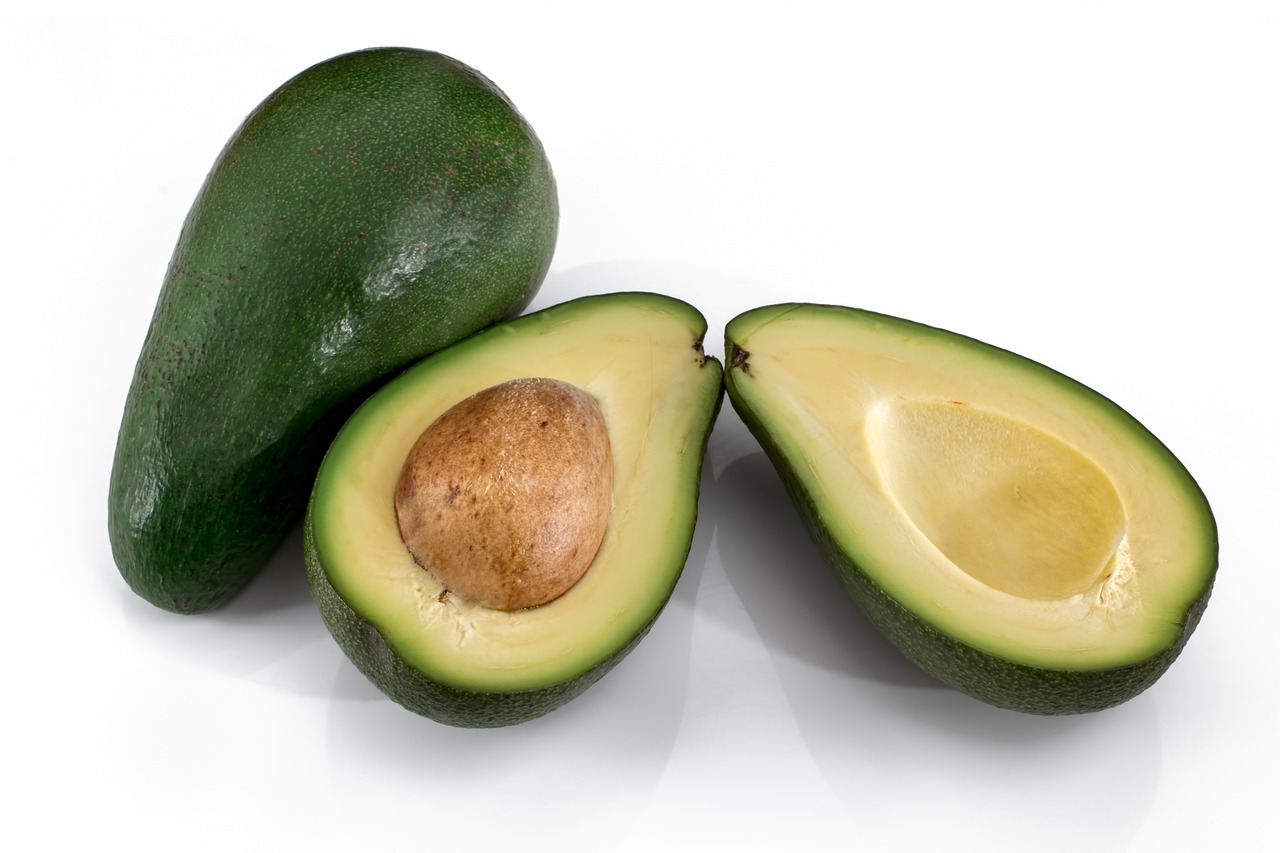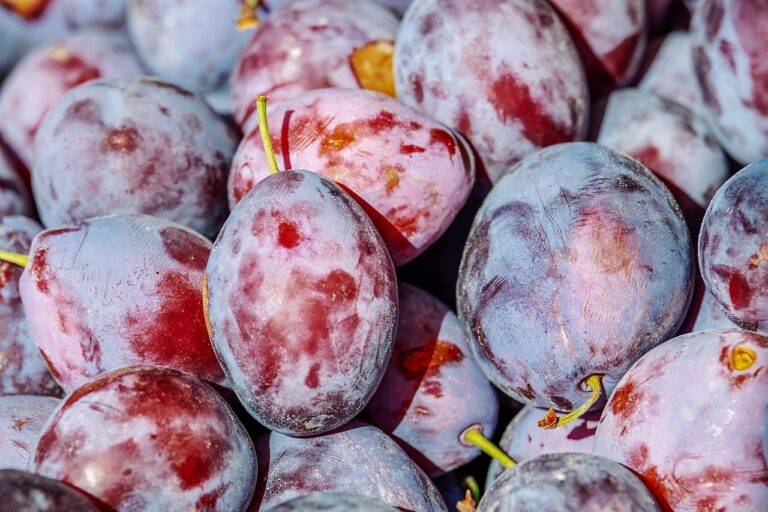Technology-Driven Innovations in Food Manufacturing
Food processing machinery has undergone significant advancements in recent years. These developments aim to enhance efficiency, productivity, and quality in food production processes. With the integration of advanced technologies and innovative designs, food processing equipment has become more versatile and precise, allowing for the streamlining of various operations within the industry.
One notable advancement in food processing machinery is the incorporation of sensors and automation systems. These enhancements enable real-time monitoring and control of key parameters during the production process, ensuring consistent and uniform product quality. Additionally, the use of sophisticated software in modern food processing machinery helps in optimizing processes, reducing waste, and improving overall operational performance.
• Sensors and automation systems allow for real-time monitoring and control of key parameters
• Consistent and uniform product quality is ensured through these advancements
• Sophisticated software helps in optimizing processes, reducing waste, and improving operational performance
Automation in Food Production
Automation in food production has revolutionized the way we process and package food items. With the integration of advanced machinery and robotics, tasks that were once time-consuming and labor-intensive can now be completed with precision and efficiency. This not only speeds up the production process but also ensures consistency in the quality of the final products.
Furthermore, automation allows food manufacturers to meet the increasing demand for their products while maintaining cost-effectiveness. By streamlining operations and reducing the need for manual labor, companies can scale their production levels without compromising on the safety and hygiene standards required in the food industry. This shift towards automation not only benefits the manufacturers but also the consumers who can enjoy a wider variety of high-quality food products at competitive prices.
Utilization of Artificial Intelligence in Food Manufacturing
Artificial Intelligence (AI) has revolutionized the landscape of food manufacturing by enhancing efficiency and precision in various processes. This technology enables the analysis of vast amounts of data to improve production techniques, quality control, and supply chain management. By using AI algorithms, food manufacturers can optimize production schedules, reduce waste, and ensure consistent product quality.
Moreover, AI-powered systems are instrumental in predicting consumer preferences and behavior, allowing companies to tailor their products to meet evolving market demands. By leveraging machine learning and predictive analytics, food manufacturers can develop innovative recipes, create personalized shopping experiences, and streamline inventory management. Ultimately, the utilization of artificial intelligence in food manufacturing not only drives operational excellence but also fosters customer satisfaction and brand loyalty.
What are some advancements in food processing machinery?
Some advancements in food processing machinery include the use of robotics, automated sorting systems, and intelligent sensors for quality control.
How does automation play a role in food production?
Automation in food production helps streamline processes, improve efficiency, reduce errors, and increase output.
How is artificial intelligence utilized in food manufacturing?
Artificial intelligence is utilized in food manufacturing for various tasks such as predictive maintenance, quality control, inventory management, and optimizing production schedules.







